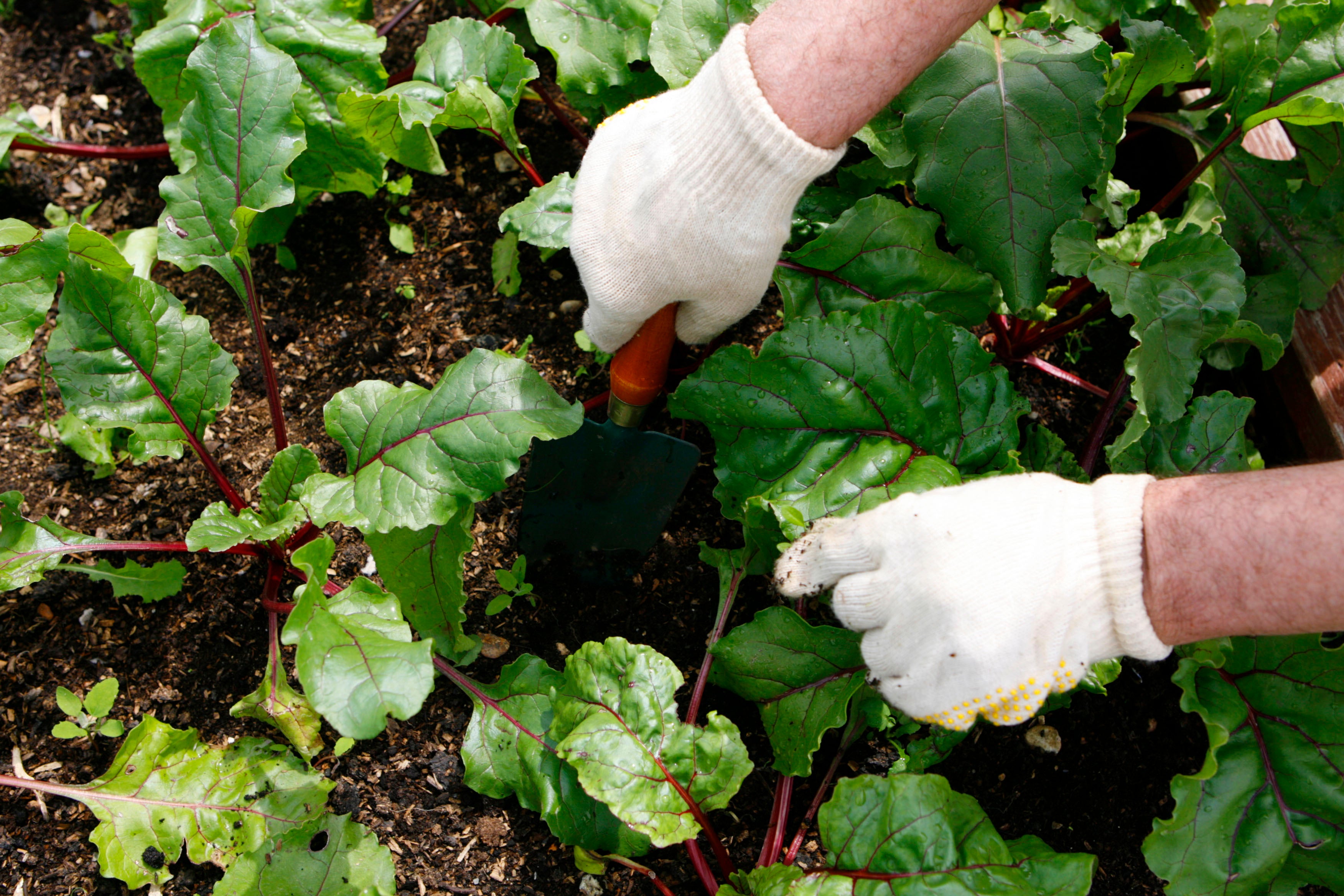Health benefits of community groups to be investigated in £1.5m study
University researchers will look at the health benefits provided by a wide range of community-led organisations and activities.

University researchers have launched the UK’s largest study on the health benefits of community groups and organisations.
Led by academics at Glasgow Caledonian University, researchers across the country will look at the public health benefits provided by a wide range of community-led organisations and activities, such as walking groups, cookery lessons, language classes, community gardens and cafes.
Professor Rachel Baker, leader of the £1.5 million study and director of the Yunus Centre for Social Business and Health at the university, said: “The importance of community spirit, mutual aid and support was brought home to us all during the pandemic.
“This research will help focus attention on the importance of community to public health generally – especially important as we rebuild, and imagine, what may be required to cope with future crises.”
For too long scientists, officials and planners have decided what is good for communities
The National Institute of Health Research funded project will also see researchers from the Glasgow Centre for Population Health, Queen’s University Belfast, Bournemouth University and the University of East London look at how the groups improve people’s lives.
Prof Baker added: “It is really significant that the National Institute for Health Research – the major funder of medical and public health research in the UK – has recognised how important communities are in health improvement.”
As part of the three-year study, community-led organisations in and around Glasgow, Bournemouth, Belfast and east London, will take part in the project.
John Cassidy, chairman of Scottish Communities for Health and Wellbeing, said that “for too long scientists, officials and planners have decided what is good for communities”.
““They try to put right what they see as deficits in those communities. It is much better to start with the communities themselves,” he said.
“When people work to their strengths, whatever they may be, this has the effect of bringing about all sorts of benefits.
“The evidence suggests that this not only leads to improvements to community spaces, it can also help people feel better and improve their health.”
And Professor Sam Porter, of Bournemouth University, said: “By studying the ways that different community-led groups operate, we will be able to understand the ways that these things work, better than we do now, and apply the learning to other places.”
Bookmark popover
Removed from bookmarks